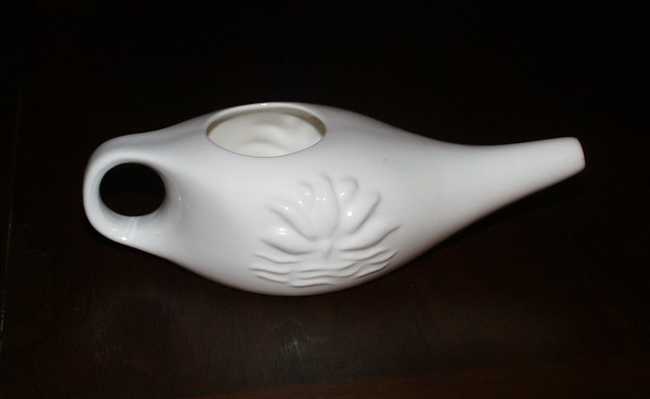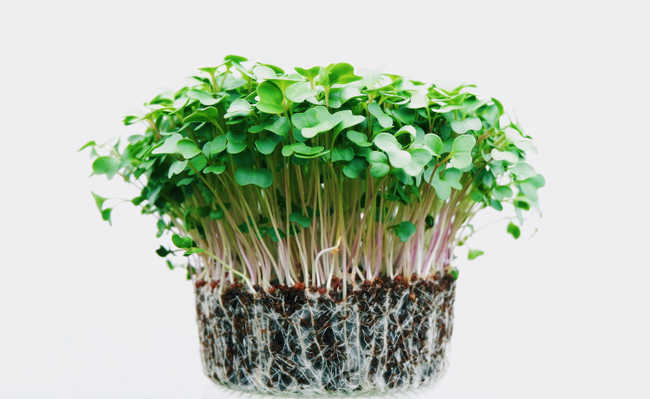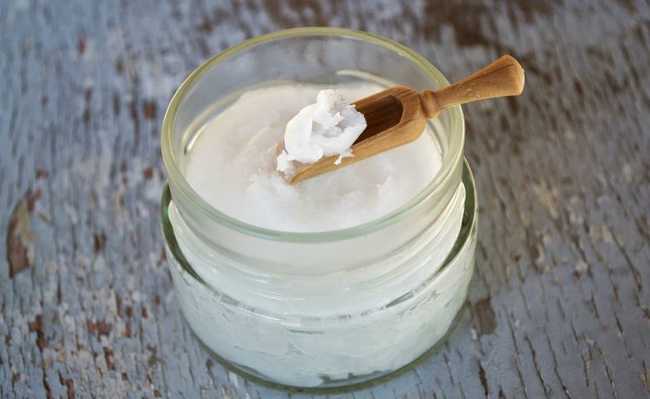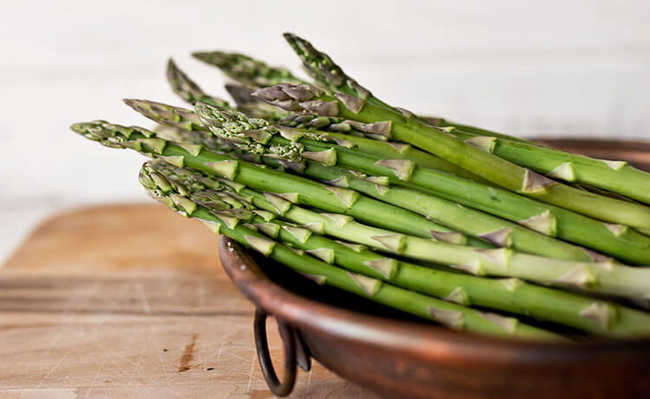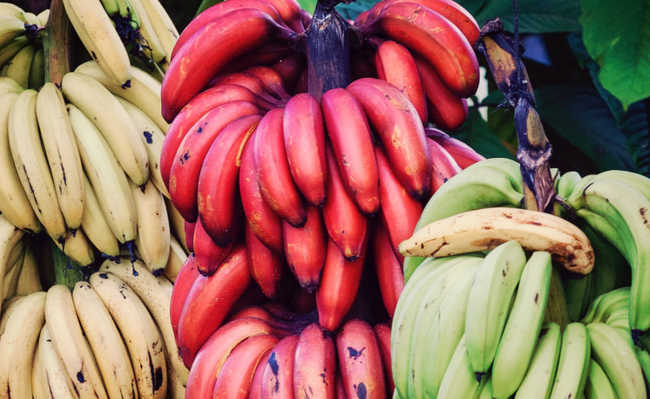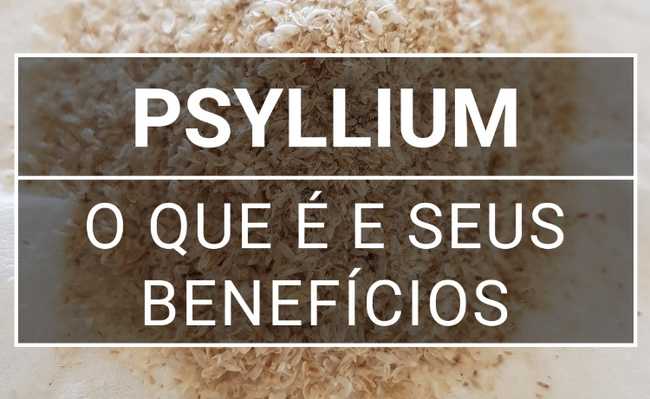What is organic waste and how to recycle it at home
Organic waste is all material of biological origin and its recycling can be done at home
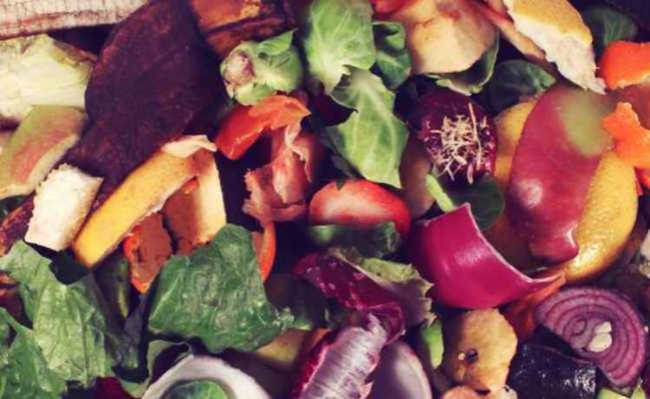
Organic waste is a material of biological origin, it can come from animal or plant life. The remains of vegetables, fruits and other foods cause doubts at the time of disposal. Throwing them in the trash or looking for another destination? And what would be the best way to discard this type of food?
There are two options that are the most common for those who don't want to just throw organic waste away: installing a sink disposer in your kitchen or composting at home.
The first alternative makes it possible to eliminate organic waste without accumulating water in common garbage (vegetables and fruits have a large percentage of water), in addition to making the garbage bag weigh less. However, it is possible that this alternative could cause clogged sewage pipes or make water treatment more expensive due to the concentration of waste (to learn more about this topic, check out the article "Sink Crushers: The Pros and environmental cons").
Composting, the sustainable alternative to solve the problem of organic waste
Composting is the most sustainable way to recycle organic waste (to learn more about this topic, check out the article "Guide: how is composting done?").
The advantage of composting is that it is completely possible to do it at home, even in an apartment.
Vermicomposting, made from a domestic compost using earthworms, solves the problem of organic waste, provides humus (a high quality organic fertilizer) and liquid biofertilizer (if each part of slurry is diluted in ten parts of water) - which also works as a natural pesticide (if each part of slurry is diluted with one part of water). Best of all, recycling organic waste does not make dirt (see how to proceed in the article "What is composting and how to do it"), it prevents you from being responsible for releasing more methane into the atmosphere, influencing the imbalance of the greenhouse effect, something that most of the scientific community points out as one of the causes of the ongoing climate change (learn more about this topic in the article: "What are climate changes in the world?").
There are several models of composter
There are several models of composters available. The alternative most used in urban centers to recycle organic waste is the conventional composter, made up of three or more stackable plastic bins.
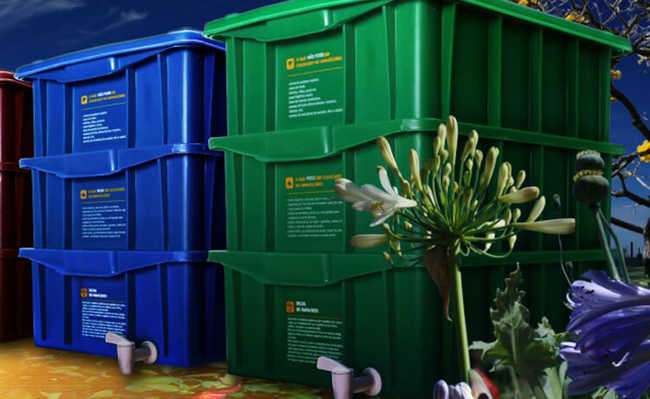
The number of boxes and dimensions depend directly on the organic waste production of the residents, the two on top of which are digesters with holes at the bottom (they are where decomposition occurs through the work of the worms and the holes are exclusively intended for the migration of these beings and liquid flow); there is also a collection box, the base, which serves to store the slurry produced in the process. It is a practical and simple method of recycling organic waste. To learn more about this model, check out the article "Home Composting: How to Make It and Benefits".
Very similar to the conventional model, but with minor modifications that make composting easier, is the Humi model.
The Humi model is also made up of digester and collector boxes. What differentiates it from the conventional model are its various adaptations, such as feet that facilitate the removal of slurry, wheels, curvature in the lid (which allows the composter to stay in the rain without accumulating water in the lid), smooth sides (to facilitate cleaning ), adapted feet (which prevent the worms from being crushed by changing the boxes) and a series of other changes that you can check in the article "Humi: the domestic composter that combines style and practicality".
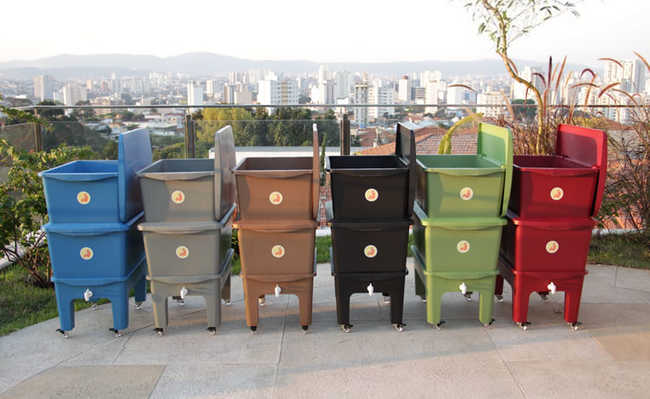
There is also automatic composting, for those who want to be less careful in their daily lives and achieve results similar to those of composting with worms.
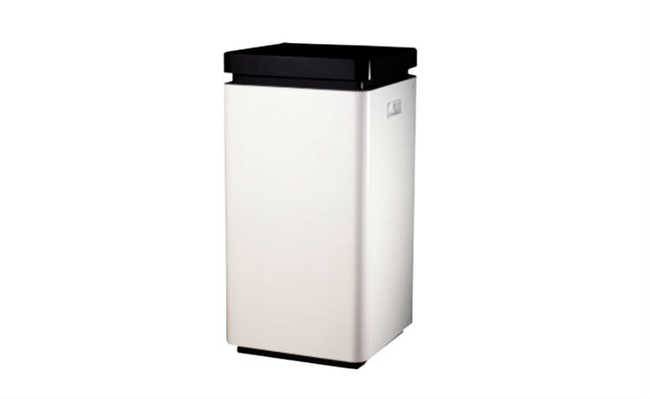
To learn more about the automatic composter, check out the article "Automatic composter brings agility and efficiency in the reuse of domestic waste".
Knowing how to choose the most suitable model and giving tips on how to compost, you will be able to recycle the organic waste produced at your home. But be aware, not everything can go in the composter. To learn more about this topic, check out the article "What can you put in the composter?".
To recycle the cooking oil that is left over from frying (another type of organic waste), see a must-see recipe on how to make homemade soap in the article "How to make sustainable homemade soap".
To compost your dog's feces, take a look at the "Compost Your Dog's Feces" article.
Remember: what is not organic waste also needs a more sustainable destination. See where to dispose of your inorganic waste at the collection points closest to your home. Lighten your footprint.
